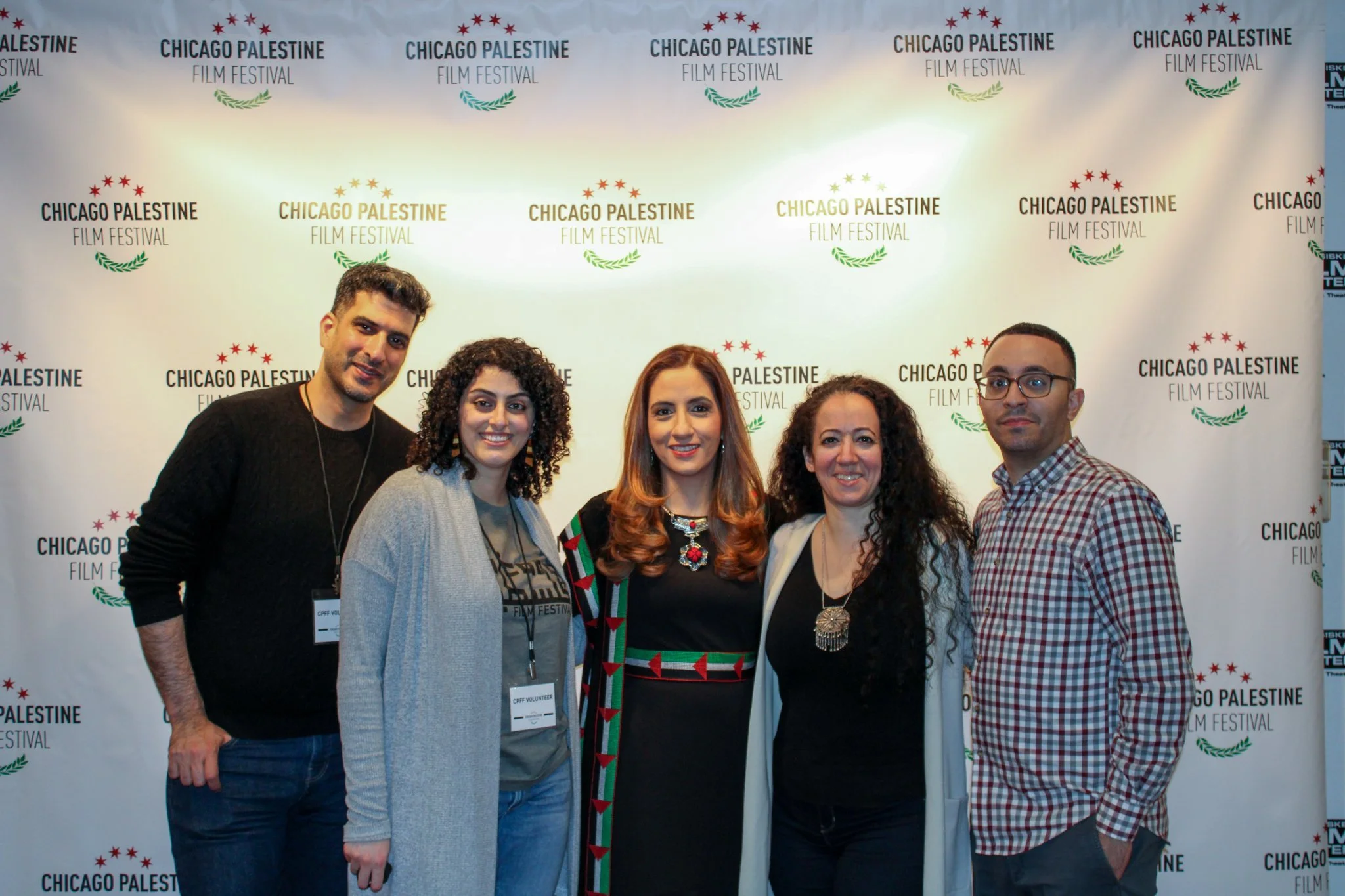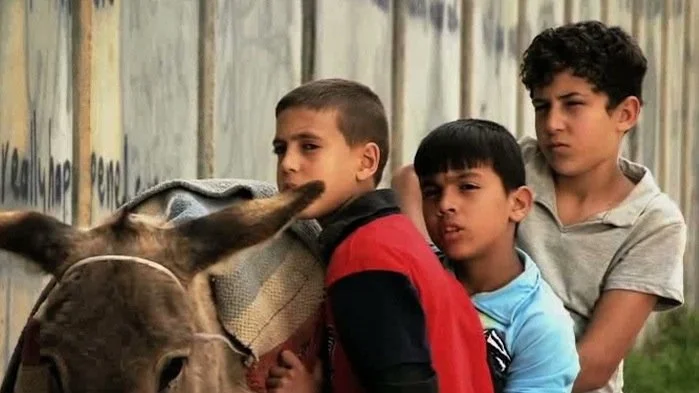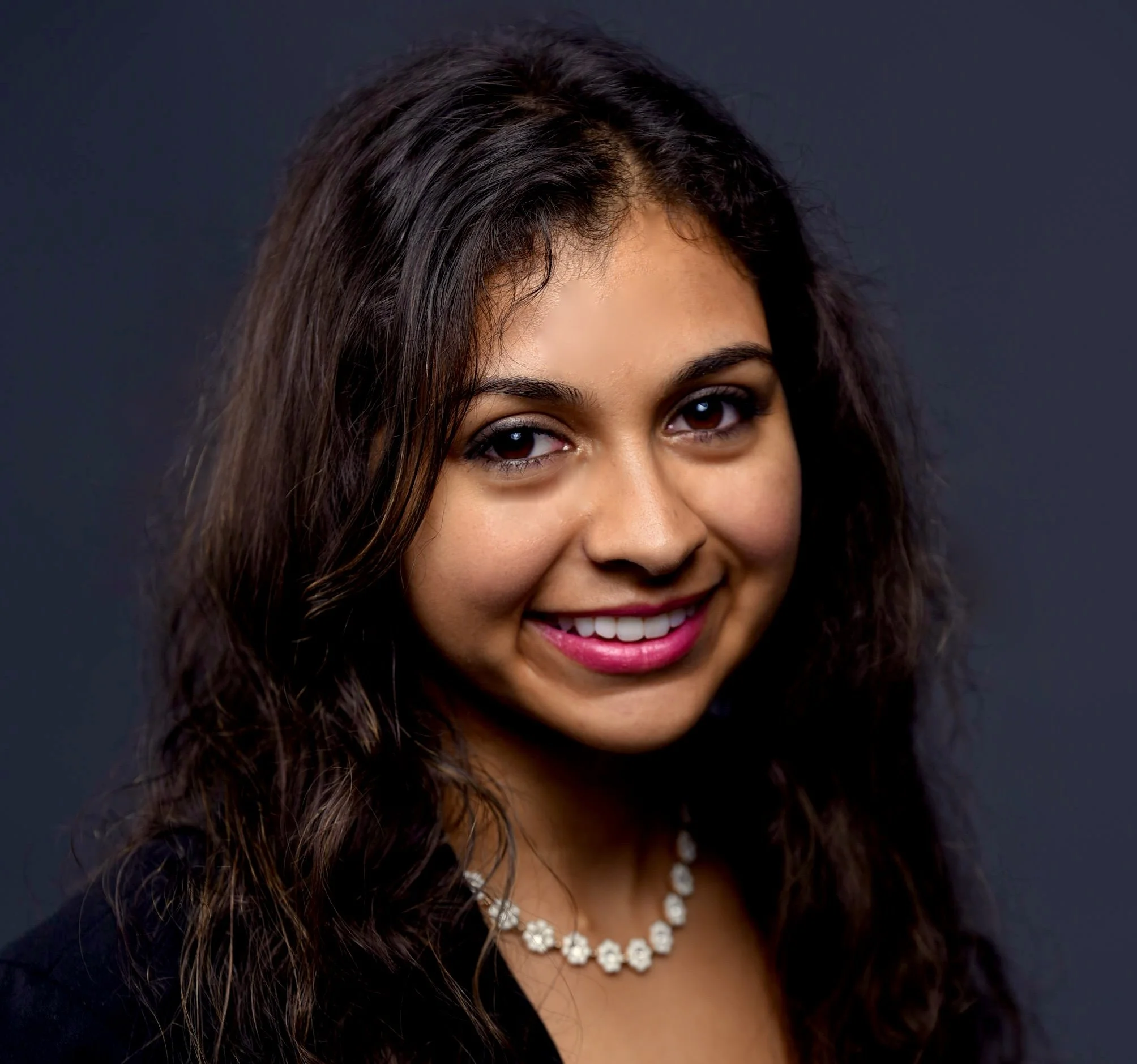Film fests show the diversity of Palestinian and Middle Eastern and North African culture
At Palestinian and Arab film fests, Arab and non-Arab communities gather to explore a wide-ranging selection of films by Arab filmmakers exploring their culture, narratives and experiences.
The following was originally published in the Palestine in America Film Edition. Please support our work by ordering a print copy, downloading a digital edition or becoming a subscriber.
At the closing night of the 16th annual Twin Cities Arab Film Fest on Oct. 2, 2022, a multi-generational group of Arabs, East Africans and others gathered outside Moon Palace Books in Minneapolis to screen Finnish-Somali filmmaker Khadar Ayderus Ahmed’s The Gravedigger’s Wife, a film about a gravedigger from Djibouti working to raise money to pay for his wife’s medical treatment. Members of Mizna, the organization behind the fest, were there to welcome the crowd and showcase their Arab American literary magazine.Local Palestinian-owned Baba’s Hummus served hummus bowls, as well as Lebanese wine from Lebanese-based Batroun Mountains. A DJ played Arabic music and, almost unsurprisingly, a small dabke broke out.
“I'm half Palestinian and I love my culture so I want to come and support what Mizna does, and all these artists and filmmakers that are making these wonderful films,” says Husein Hassan, a long-time supporter of the Twin Cities Arab Film Fest. “I am here for entertainment purposes and solidarity, and to support great, great organizations.”
The Twin Cities Arab Film Fest is only one of the many Arab- and/or Palestine-focused film fests held around the United States. From the East Coast in Boston and Washington, D.C. to the Midwestern cities of Minneapolis, Chicago, and Tulsa, to the Bay Area and Houston, there are numerous film festivals representing and speaking to Arab and Palestinian communities nationwide. For many organizers of these fests, the choice of films showcased is intentional.
For example, Lana Barkawi, a Palestinian-American and executive and artistic director at Mizna, saysthe organization and film fest are both “very intentionally SWANA-focused” with an “expanded Arab positionality.” [Editor’s note: SWANA stands for Southwest Asian and North African].
“Palestine film festivals play a really important role in keeping the stories of Palestinians alive and working toward keeping the narrative of Palestine liberation in the cultural imagination,” says Barkawi. “And I think there's a few different reasons to focus on the region: a sense of connection with what's happening with artists in the community, people who may not have a platform otherwise to show their work. Here in Minnesota, we have the space to really showcase a broader collection of those works.”
And Palestinian film fests provide organizers with a unique and focused space to share the diversity of Palestinian stories, according to Michael Maria, a Palestinian-American and programming director with the Boston Palestine Film Fest.
“I've always had an interest in any opportunities to promote or advance the Palestinian narrative of Palestinian voices in my society more broadly, since Palestinian voices are usually very sidelined and they don't get front-and-center attention in the U.S. media,” Maria said. “We are always looking for ways to enable Palestinians to speak directly for themselves to speak directly about their own experience, and their history and their current situation.”
These feelings were echoed by Nina Shoman-Dajani, executive director of the Chicago Palestine Film Fest.
“Although there are many films we show about the occupation and the daily lives of Palestinians, we show films that display Palestinian joy and love and laughter and celebrations and culture and art,” says Shoman-Dajani.” Because we want to humanize the Palestinian story, we want to make sure that we are showing the stories that are not shown on mainstream television and in the movies.”
Film as resistance and art entertainment
Each Palestine and Arab film festival is independently run, and while some are very new -- like the Mizna-organized Tulsa Arab Film Fest, which is hosted its second annual film fest last November -- festivals like the Chicago Palestine Film Fest (CPFF) have been around for some time. In fact, the Chicago Palestine Film Fest, a volunteer-based project of the Middle East Charitable and Cultural Society, is the oldest consecutively run Palestinian film fest in the U.S., having launched in 2001.
“I think that showing Palestinian films is a form of art and a form of resistance. It's an opportunity for us to highlight and promote the voices of Palestinians on the ground in Palestine, but also in the diaspora,” says Shoman-Dajani. “We believe that Palestinian film is something that gives us an opportunity to obviously educate the masses about the Palestinian plight, but also to share in Palestinian joy.”
Serge Bakalian, executive director of the Arab Film and Media Institute, expressed similar sentiment. He says the film fests serve dual missions and dual communities: both Arab and non-Arab.
“We definitely provide a dualistic mission to both communities, because, particularly with young people, especially if they're new immigrants, they are in-between in their identities,” Bakalian explains “Our content is very empowering. There's a sort of very empowering element to it for the Arab audience. And then for the non-Arabs, of course, we try to bring awareness of our culture, our history, our people.”
According to Bakalian, the film fests showcase the diversity of conversations occurring in film, but it is really the filmmakers responsible for leading those conversations.
“It's the filmmakers on the ground who are talking about the occupation, they're the ones who are talking about LGBT rights They're the ones who are talking about women's empowerment. They're making the films, struggling and getting together the funds to make a film,” says Bakalian. “We're providing that space for them. I think our role as a film institute and as curators of film festivals [is] really about just providing the space for what the filmmakers are talking about. They're driving the conversation.”
Palestine and Arab film fests also serve as community-building spaces, according to Maria. He says the film fest spaces counter “dehumanizing” narratives while creating a sense of connectedness to U.S.-based Arab communities and Arab communities in the Middle East.
“We all hear the news stories that come out on a daily basis. It can oftentimes be very dehumanizing, and it can be easy to gloss over because it is such an ongoing tragedy on a daily basis that you can lose touch with what's actually happening on the ground when you're in the diaspora,” says Maria. “I feel like watching these films and experiencing it collectively with other like-minded people helps us to stay rooted and to understand what these genuine Palestinian stories are trying to say to us because they either are by Palestinian directors, or they're directly in some way related to Palestine, by any filmmaker of any background or nationality.”
Growing with the times
Many established film fests have had to make operational adjustments in recent years as a result of the COVID-19 pandemic.
“I think for Arab and Palestinian film festivals across the country, just surviving the pandemic alone is a huge accomplishment,” said Shoman-Dajani, who became the CPFF executive director during the pandemic.
For some, surviving the pandemic meant moving to virtual offerings or even putting in-person film fests on hiatus. For others, it meant moving to outdoor gatherings, such as the one held at the Twin Cities’ closing night in October 2022.
Despite changes in recent years, collaboration and partnership remain critical to the work. Though each film fest operates individually, there is some discussion that happens behind the scenes as different film fests learn from each other.
“The beauty of Arab and Palestinian film festivals from my perspective is that we generally have a very collaborative and supportive relationship--as opposed to a competitive one,” says Shoman-Dajani.
Beyond that collaboration, each film fest relies on an ecosystem of supporters in their home communities–both Arab and non-Arab–whether it’s small businesses, colleges and high schools, nonprofits, or other non-Arab film fests.
Opportunities to Engage
The 2023 Twin Cities Arab Film Fest dates have yet to be announced, but Mizna will be hosting monthly in-person film screenings at the Trylon Cinema in Minneapolis. More details can be found here: https://mizna.org/film/mizna-film-series-fall-2022/
The Tulsa Arab Film Fest was Nov. 2-6, 2022, at the Circle Cinema in Tulsa, Oklahoma. More details can be found here: https://mizna.org/film/arab-film-fest-tulsa-2022/
The 16th annual Boston Palestine Film Fest was held Oct. 14- 23, 2022. More details can be found here: https://bostonpalestinefilmfest.org/
The Chicago Palestine Film Fest is currently accepting film submissions for its 2023 film fest. More details can be found here: https://www.palestinefilmfest.com/submit
The 26th annual Arab Film Fest, held in the Bay Area, was held Nov. 11-20, 2022. More details can be found here: https://aff2022.eventive.org/welcome




